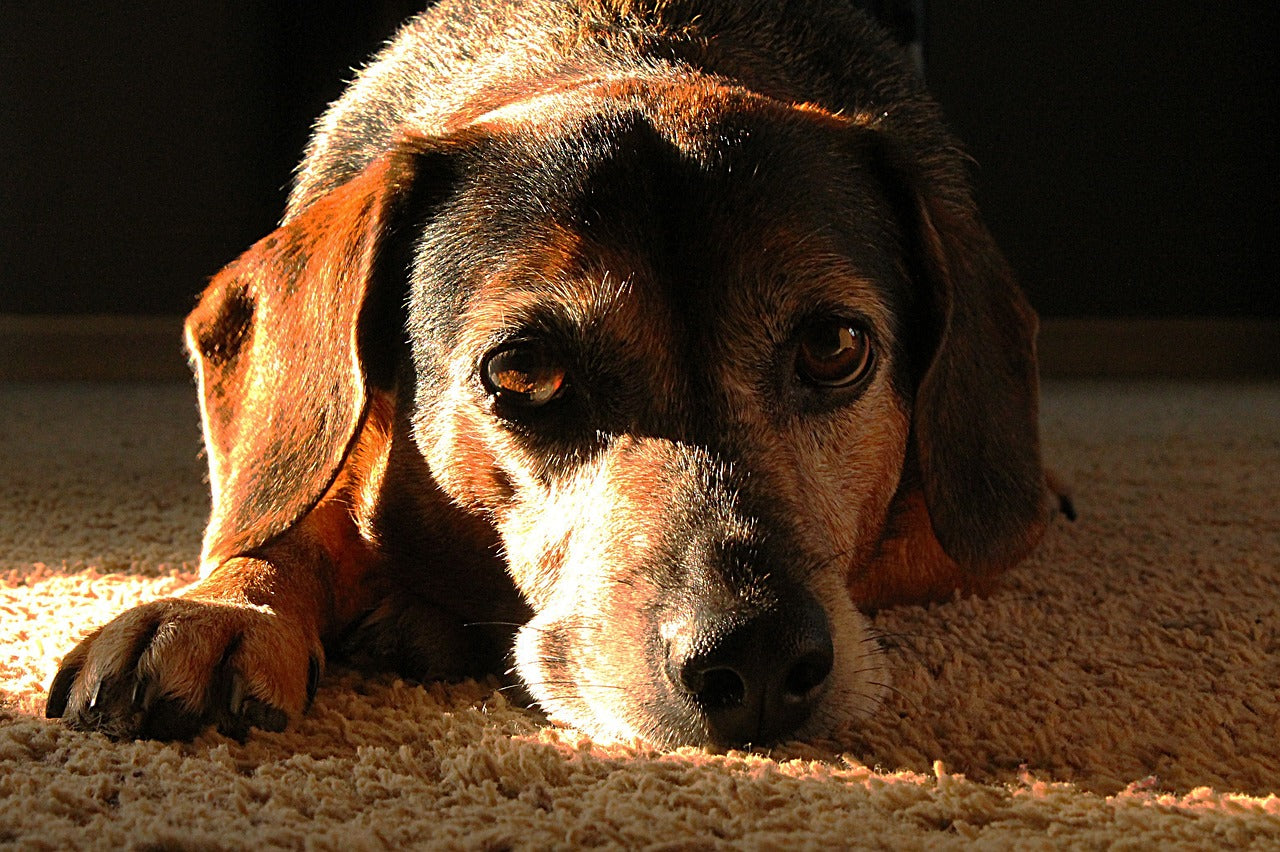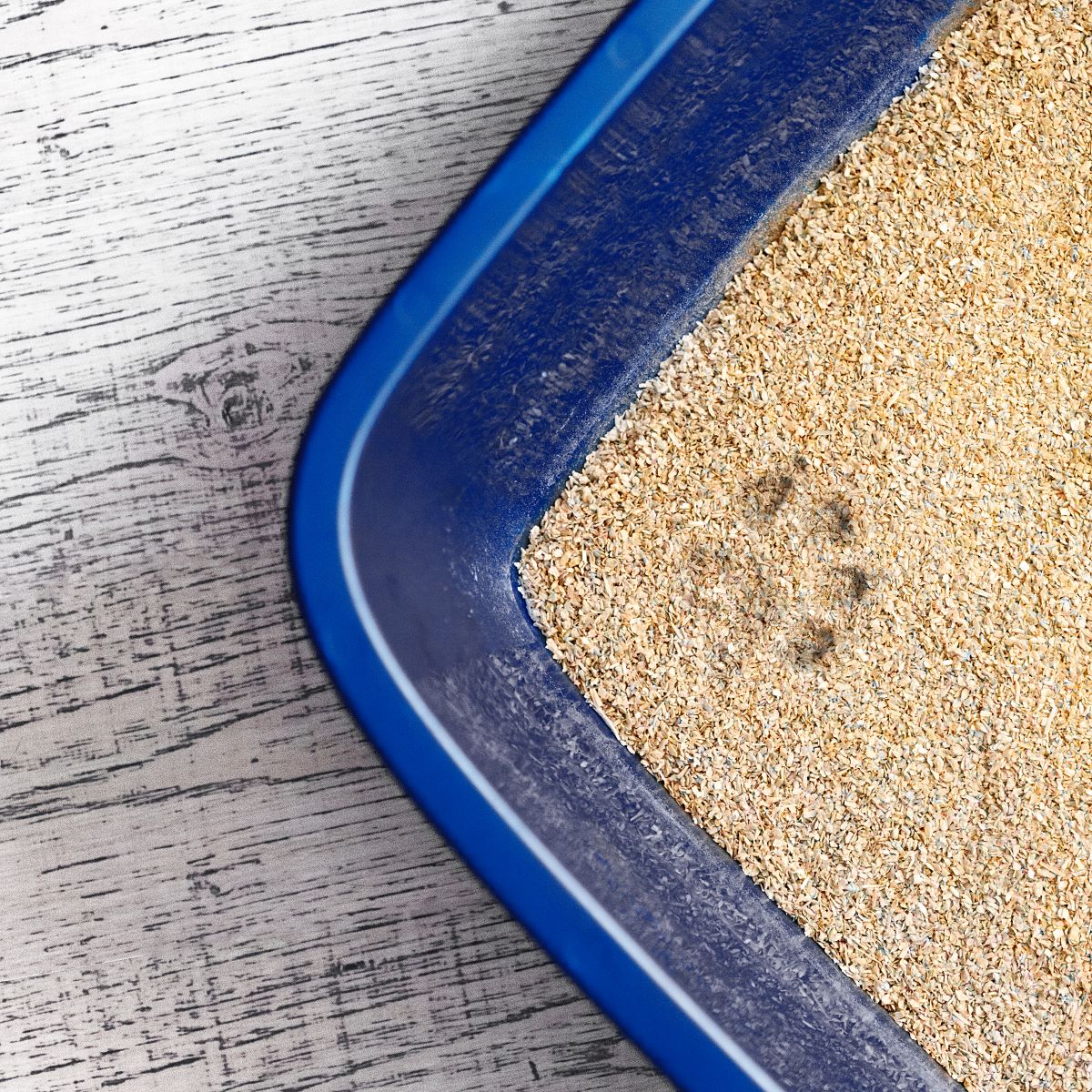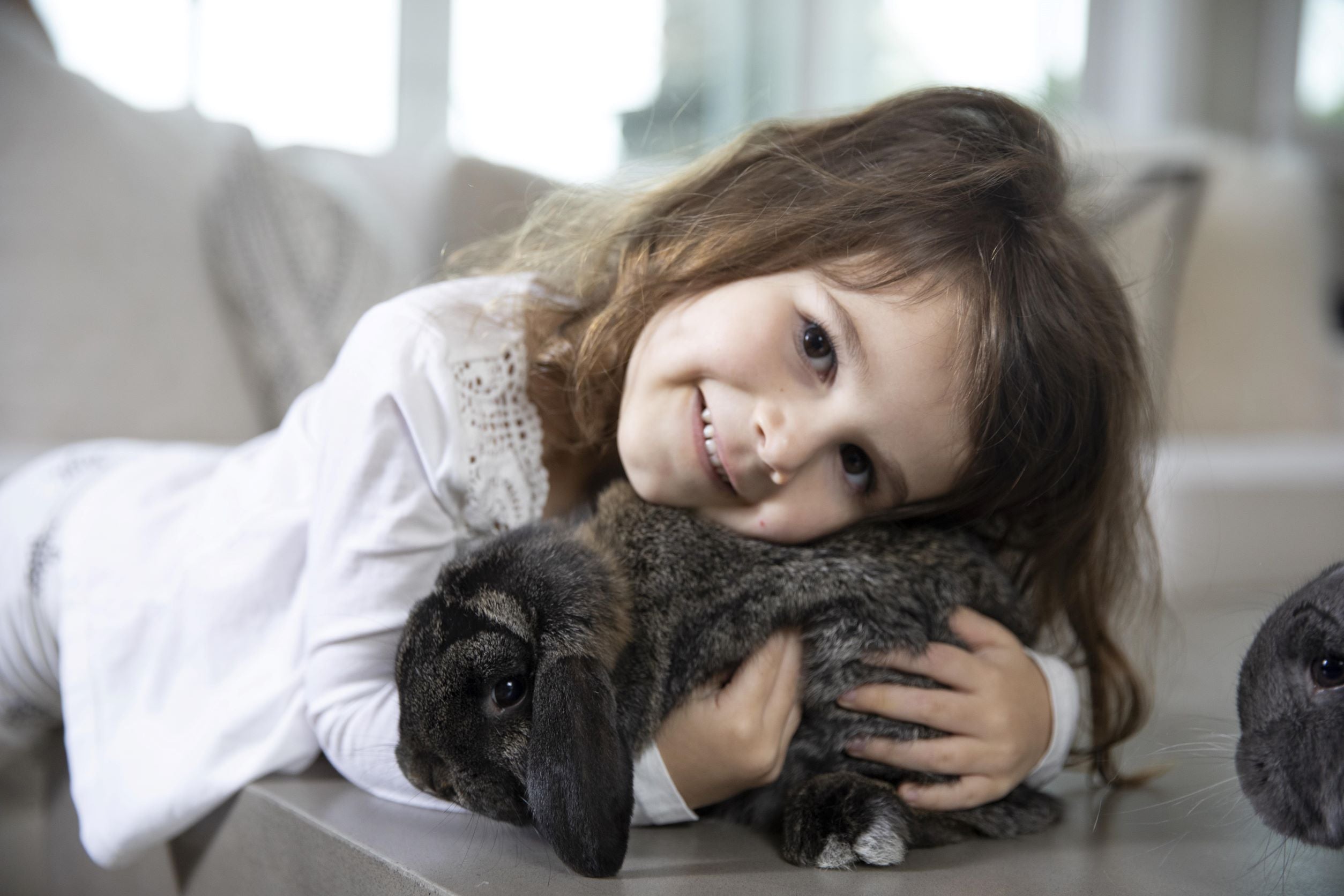
Managing Allergies in Senior Dogs: Signs, Solutions, and Care
As our canine companions age, they may become more susceptible to a variety of health issues, including allergies. Allergies in senior dogs can manifest in several ways, leading to discomfort and affecting their overall quality of life. Understanding the signs of allergies and knowing how to provide effective solutions and care is crucial for maintaining your dog's well-being. This blog will explore the common signs of allergies in senior dogs, discuss various treatment options, and offer tips for providing them with the best care possible.
Maintain Their Skin and Coats
Maintaining healthy skin and coats in senior dogs is essential, particularly when allergies are a concern. Regular grooming can help remove allergens like pollen, dust, and dander that may cling to their fur. It's essential to choose a gentle, hypoallergenic shampoo that won’t irritate their sensitive skin, and bathing should be done only as needed to avoid stripping natural oils. Using senior dog skin supplements, like omega-3 fatty acids, can also help keep their skin and coat healthy. This is especially beneficial for senior dogs that may have dry, itchy skin due to allergies. Just be sure to consult with your veterinarian before adding any supplements to your dog’s diet.
Common Types of Allergies in Older Dogs
As senior dogs age, they may develop sensitivities to various environmental factors that can lead to allergic reactions. One of the most prevalent types of allergies in older dogs is flea allergy dermatitis, which occurs when a dog becomes hypersensitive to flea saliva. This condition often results in intense itching and discomfort, primarily around the tail, abdomen, and legs. Another common type is environmental allergies, which can include allergies to pollen, dust mites, and mold. These allergens typically manifest through symptoms like sneezing, coughing, and skin irritations. Additionally, food allergies can also develop in older dogs, usually causing digestive upset or skin issues related to specific ingredients in their diet. Recognizing these common allergies can aid in providing appropriate care and treatment for your senior dog, enhancing their comfort and quality of life.
Adjusting Diets to Manage Allergies
Modifying your senior dog's diet can play a significant role in managing allergies and alleviating uncomfortable symptoms. Identifying food allergies or sensitivities is essential; this often involves an elimination diet, where potential allergens are removed from their meals to determine which ingredients may trigger a reaction. It's crucial to choose high-quality, limited-ingredient diets that focus on easily digestible proteins and carbohydrates.
Common protein sources like chicken or beef might need to be replaced with alternatives such as fish or lamb if your dog has sensitivities to common proteins. Additionally, incorporating hypoallergenic or prescription diets recommended by your veterinarian can help ensure that your dog receives the necessary nutrients while avoiding allergens. Frequent monitoring and adjustments to their diet can dramatically improve your dog's health and comfort as they cope with allergies.
Managing allergies in senior dogs often requires dietary adjustments to ensure they receive the nutrients they need without triggering allergic reactions. Choosing hypoallergenic options, such as high-quality dog food made with limited ingredients, can significantly alleviate symptoms and improve their overall quality of life. Always consult with your veterinarian to identify the best dietary solutions tailored to your dog’s specific needs.

Photo by Ron Lach : https://www.pexels.com/photo/senior-lady-talking-to-her-dog-laying-on-sofa-10117512/
Environmental Changes to Reduce Allergens
Making thoughtful changes in your senior dog's environment can significantly reduce exposure to allergens and enhance their quality of life. Start by implementing regular cleaning routines to minimize dust, pet dander, and mold in your home. Vacuuming carpets and upholstery frequently, using an air purifier, and washing your dog's bedding regularly can help create a cleaner living environment. Additionally, consider limiting outdoor access during high pollen seasons and using protective gear, such as booties, to keep allergens from clinging to their paws.
Creating a designated allergen-free zone in your home, where your dog can rest and feel safe, may also help alleviate allergy symptoms. Ensuring proper ventilation and humidity levels can make a difference as well, as damp environments can foster mold growth.
Maintaining a Healthy Lifestyle for Allergy-Prone Seniors
Ensuring a healthy lifestyle for senior dogs prone to allergies involves a balanced approach that encompasses proper nutrition, regular exercise, and mental stimulation. Providing a consistent feeding schedule with high-quality, hypoallergenic dog food supports their overall health while managing allergy symptoms. Regular, moderate exercise is crucial not only for maintaining a healthy weight but also for boosting their immune system. Activities like gentle walks or low-impact playtime can help keep your dog active without overexerting them. It's important to monitor their reaction during and after these activities to identify any potential allergen exposure.
In addition to physical health, mental stimulation is equally important. Engaging in activities such as puzzle toys, scent work, or training exercises can help keep their minds sharp and reduce anxiety related to their allergies. Creating a structured daily routine that includes opportunities for socialization with other pets—while being mindful of potential allergens—contributes to their emotional well-being.
Managing allergies in senior dogs requires a multifaceted approach that prioritizes their comfort and well-being. By being vigilant in recognizing the signs of allergies, making dietary adjustments, and implementing environmental changes, pet owners can significantly alleviate their canine companions' discomfort. Regular veterinary consultations play a vital role in developing personalized care plans that address specific allergy triggers. Ultimately, with the right strategies in place, we can enhance the quality of life for our senior dogs, allowing them to enjoy their golden years with greater comfort and joy.








 email us
email us